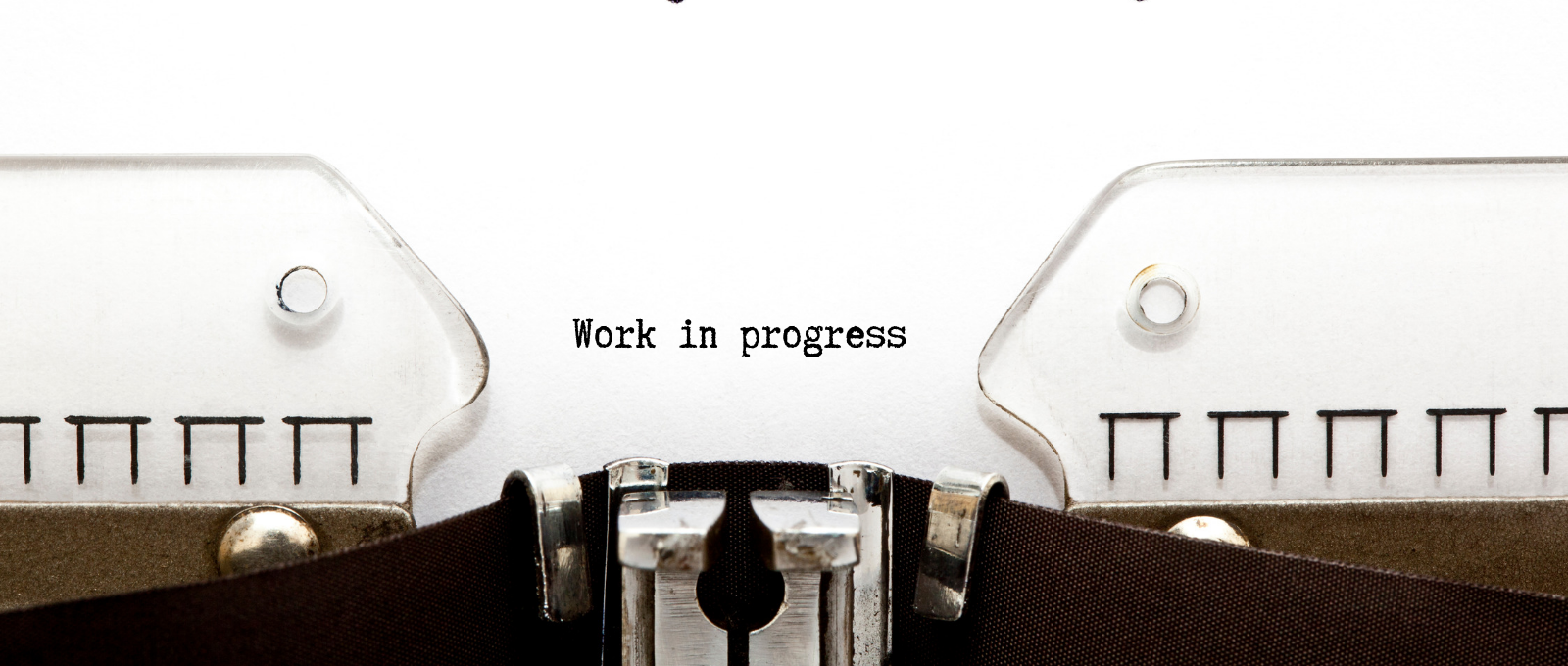Being introduced as a “parenting expert” before speaking engagements always feels a bit uncomfortable. It is not because I don’t think that I bring value to parents. I am passionate about the information I get to share. I delight in reading and translating research on child and youth development and I have seen it give parents more confidence. But parenting is probably the vocation in which no one can claim to be a universal expert. There is no SINGLE recipe for raising thriving kids. There are no silver bullets or foolproof methods.

We are all experts
There is only us parents, trying to do our very best by our kids. We are each both expert and novice in every moment.
We are expert in that we know our kids, our culture, and our histories best. If we are doing our job, we SEE them. We see their fears and vulnerabilities, their strengths and courage. We are novice in that change is constant and we are wonderfully and maddeningly human. If we are doing our job, we FEEL our own fears and vulnerabilities, our strengths and our courage.
The science of thriving
This isn’t to say that there isn’t plenty of great information and research that can guide us. There may not be a single recipe, but there are key ingredients. Michael Resnick at the University of Minnesota likens these ingredients to the nutrients in the soil that allow plants to grow. All kids need them. The late Peter Benson of Search Institute described them as developmental assets, the internal strengths and external supports that young people need to thrive. Brain science is revolutionizing field after field, and parenting is no exception.
We know that kids need connection. We know they need boundaries and high expectations. We know that they need to feel valued and heard. We know that they need opportunities to let their sparks grow. These ingredients constitute the science of thriving.
The art of parenting is knowing how to throw these ingredients together on any given day. For different kids. While cooking breakfast. The important thing isn’t that we perfect a recipe, it is that we have the pantry stocked with the right ingredients and that we work hard to provide them for our kids. With healthy portions of humble laughter thrown into the mix we are probably doing just fine.
The art of growth
I’ve written a lot about importance of nurturing a growth mindset in our children. Carol Dweck‘s research has shown us that children with a fixed mindset believe that their intelligence and abilities are fixed traits and that talent is what leads to success, not effort.
In contrast, a growth mindset celebrates struggle. Children with a growth mindset believe that abilities can be developed through persistence and hard work. They see that falling down and getting back up again are part of living and learning.
A growth mindset does not seek to document and protect perfection. A growth mindset recognizes that we are all expert and novice in every moment.
We can nurture a growth mindset in our kids through good praise, allowing our kids to experience appropriate struggle and build resilience, and teaching them that being their best selves can be found through practice, effort, and often, in mistakes.
Parenting with a growth mindset
I was chatting with a defeated parent on the phone last week, a conversation that sparked this entire blog post. “I think I have been praising my kids all wrong! I wish I had known some of this stuff before I had kids. Is it too late? I think I have failed somehow.”
I hear things like this from parents too often. Parenting is not a pass or fail enterprise. It is not a fixed ability that either leads to successful kids or doesn’t. It is something that we work at, day in and day out. Some days we are our best selves. Other days not so much. When we know better, we do better and then we work to mend it.
So certainly do your homework, read what makes sense to you, and get the support you need. I think that the world of brain science is exciting, informative, and helpful. But don’t forget to own your own expertise. Lean into it. And to celebrate your novice. It is part of the struggle through which the best parenting is born.
What a powerful model for our kids.